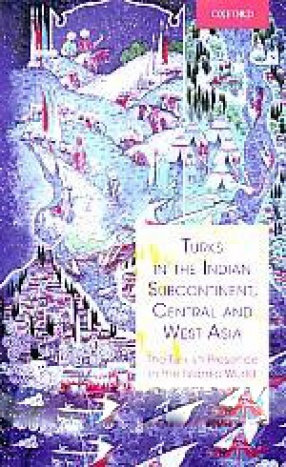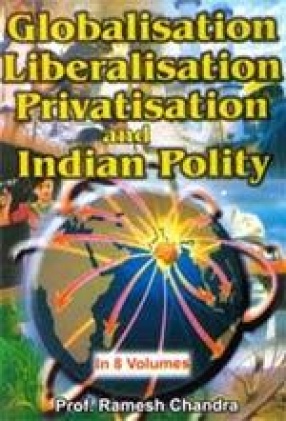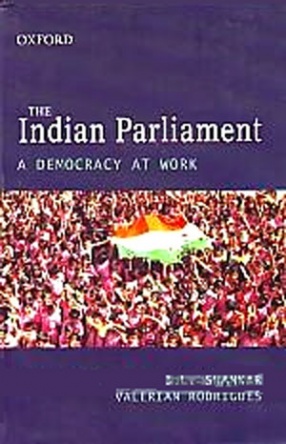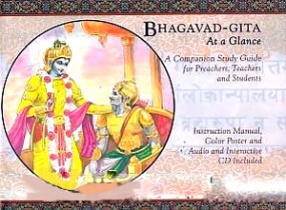For almost a millennium until the beginning of the twentieth century, Turkish rulers and military commanders controlled vast stretches of Islamic lands. While these rulers dominated lands far and wide-from Algeria in the west to Bengal in the east, reaching up to the Volga region in the north and Yemen in the south-Turkish scholars, theologians, jurists, poets, and other literary figures significantly influenced the Islamic world and its culture.
Highlighting the political and cultural history of the Turks-not only within the context of the Indian subcontinent, where they laid the foundation of one of the world’s biggest empires in the form of the Mughal Empire, but also within the context of Central and West Asia-this outstanding work of collective scholarship moves beyond conventional frames of reference and reassesses the contribution of Turks in the shaping of the Islamic world and its civilization.
With contributions from some of the most noted scholars on Islamic history, the essays in this volume throw light on neglected themes such as the cultural changes among the Turks and their emergence in the Islamic world; their contributions in the fields of cartography and geography; Seljuq architecture and educational system; and the rise of the Safavids and the role of the Turks in the success of their military campaigns.





There are no reviews yet.